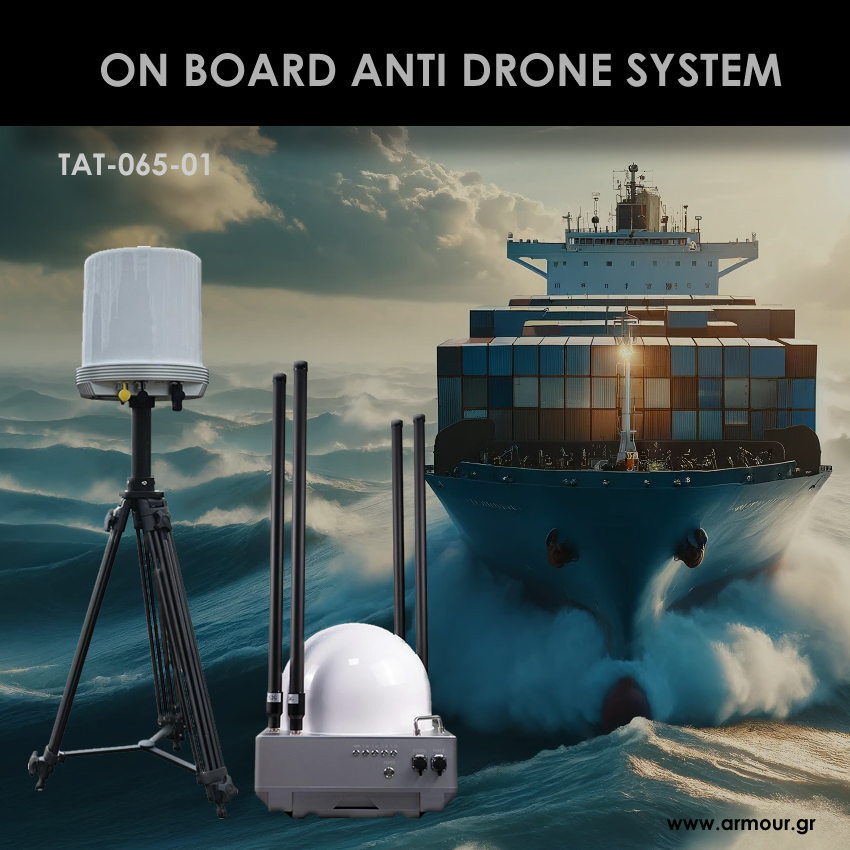
Maritime Security for Today’s Threat Environment
Maritime security is no longer limited to countering piracy alone. In today’s High Risk Areas, commercial vessels face evolving threats where piracy has merged with terrorism, organized crime, and politically motivated maritime violence.
These complex risks endanger crews, cargo, and the continuity of global trade.
Modern maritime security demands more than armed presence. It requires intelligence-led planning, proven methodologies, advanced technology, and highly trained personnel, supported by experienced management from defense and security sectors.
Professional maritime security is now a strategic necessity, ensuring that vessels can operate safely, lawfully, and with confidence across the world’s most challenging maritime routes.
What We Offer
We supply specialized weapons, equipment, and advanced technological solutions to professional maritime security companies operating in High Risk Areas.
Our portfolio is designed to support maritime security operators facing evolving threats where piracy, terrorism, and asymmetric maritime risks converge, requiring capabilities beyond traditional protective measures.
Our offerings include:
Weapons & Tactical Equipment for Maritime Security: Certified firearms, accessories, and mission-critical equipment suitable for maritime security operations, supplied in accordance with applicable export-control and regulatory frameworks.
Counter-Drone (C-UAS) Solutions: Advanced anti-drone systems designed to detect, identify, and mitigate unmanned aerial threats targeting vessels, ports, and offshore assets.
Unmanned Systems & Surveillance Drones: Small and medium unmanned aerial systems (UAS) for maritime surveillance, reconnaissance, and situational awareness in coastal and offshore environments.
Maritime Surveillance & Detection Technologies: Sensor systems, electro-optical devices, and integrated monitoring solutions enhancing early warning and threat detection at sea.
Technology Integration & Advisory Support: Support in selecting, integrating, and deploying equipment tailored to specific maritime risk profiles and operational requirements.
All solutions are supplied with a strong focus on legality, compliance, and operational suitability, supporting maritime security companies in maintaining effectiveness, safety, and accountability across complex threat environments.
MARSEC Equipment
Rifles 7.62x51mm or 7.62X39mm w/ magazines
Ammunition
Plates carriers or Bulletproof Vests
Ballistic plates NIJ IV
Helmets level IIIA - 0101.06
Binoculars
Communication devices
Team Medical kits
Military cases (equipment/ammo/riffles)
Special tactical devices
Additional
- UAV / VTOL drone systems for surveillance and situational awareness
- Counter-UAS / anti-drone systems for special operational scenarios
- Light machine guns (e.g. PKM), where legally permitted and operationally justified













